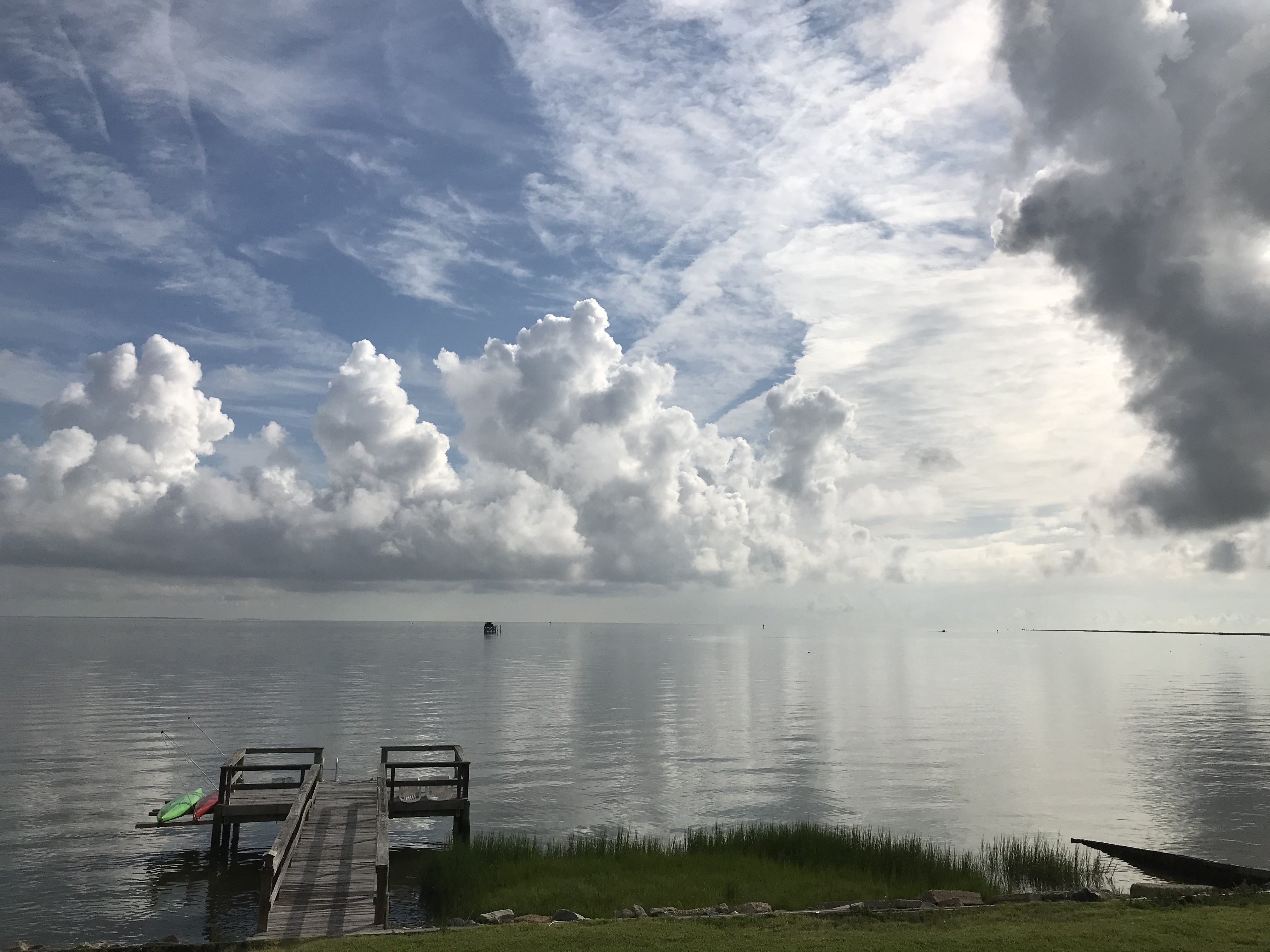A Facebook friend, Via Leigh, asked me to read this book and join her discussion group. I did and am thankful for it. It’s a good book. It describes the divisions that cut across America. It gives a history of how those cuts were made so deeply. It provides the best understanding of the Tea Party that I’ve seen in print. Unfortunately, the ‘way ahead’ recommendations are merely soft suggestions.
Robbins builds a strong scholarly case in his history. Even 300 pages of facts means picking and choosing the points to support your case. That’s not a criticism, it’s a compliment. His American saga is well said. He begins by making the distinctions among our country (a nation-state), a nation and a people. Furthermore, the rightful foundation of our Nation is our Declaration of Independence. The framework for government and a statement of some explicit rights is our 1787 Constitution.
Robbins nails it when he says America is in a 2 Front war. One war is at home and one is across the globe. I disagree that the foreign threat is “globalism” as he sees it. It’s Totalitarianism. Islamic Totalitarianism first of all. Then, any other Totalitarianism which threatens the security and stability of the global commons, our key interests, Allies and Homeland.
Robbins captures the fundamental shift in the U.S. – as a country, nation and people – in the years 1898-1900 with the Spanish-American War. Nailed it. The old Progressives started to change America at the same time America became a World Power. The changes – externally in power politics and internally in the shift with the end of the Frontier Era and from the Agrarian society to industrialization and urbanization – were coming regardless of which Party was in power. The choices, of course, are the history of what happened – replete in its complexity and color.
I’d pound a drum and keep on pounding about the role of culture. For example, Robbins talks about coercive utopians (p 40.). I know that culture is the Absolutism, Puritan Yankee culture. It comes from New England. It is one of 4 major cultures in America (from Albion’s Seed). I see influence of culture on society – culture commands – as the dominant force in the story of what is “native American”. It used to be called “real American.” Sam Huntington’s last book, “Who Are We?” speaks to the same issues as Robbins. I hope he has read Albion’s Seed and Who Are We.
Also, since ideas motivate humankind and change cultures, Getrude Himmelfarb’s work is important to consider. She traces the ideas of Liberals – which are Collectivist/Statist, Socialist, Human Secular – to the French Revolution and the ideas of Conservatives – which are Individual/Family, Free Market, Judo-Christian – to the American Revolution. I would add – that understanding our American Revolution requires one to know what happened in the English Civil War the century before.
That additional reading aside, Robbins nails it again when he quotes John Adams saving the Revolution involved a radical change in principles, opinions, sentiments and affections – which preceded July 4th, 1776. The same may be happening now.
Also, Robbins includes the foreign issue at home – Muslims in America. He takes a soft touch and opens the door for Muslims, “at least those willing to assimilate.”
It’s interesting to see who call themselves “Americans” – period. No hyphens. No ethnicity. No political correctness. “Hillbillies” (Appalachia), Southerners, Rural Mid-West and Sons of the frontier West. He’s got the maps to prove it.
Yet, Robbins closes with some weak suggestions to tone down rhetoric, heat up the melting pot to assimilate, stop drawing lines and take personal initiatives to do so. I applaud his heart, but argue the future is likely to require a much more hard-headed determination and fight to win a governing majority of Native Americans.
Good book. Worth reading and taking notes.

That’s a very good and fair review, thank you. With respect to the conclusions, the follow-on volume, when I get to it, will be a little more realistic and tougher with respect to solutions. I wanted to be on the record being open to folks getting together and stopping the divisiveness. But I seriously doubt the multicultural crowd is willing to do that. The last few days have shown that very clearly.
By: jamesrobbins1 on July 16, 2013
at 11:53 pm
James – or Jimmy We Hardly Knew Ye – (JK) – hope you got the overall Hooah – good job – for your book. Excellent job. Quick question – have you read the stuff I mentioned?
Thanks for your work.
Sincerely,
JAB
By: James Atticus Bowden on July 17, 2013
at 12:18 am
Great respect for both of you here. I’m completely out of my league in either of your virtual presence. I’m honored to have such great patriots to learn from. Blessed on both accounts.
By: Via Leigh on July 19, 2013
at 8:15 am
VL: You’re on the same team. Hope this serves a good purpose.
By: James Atticus Bowden on August 6, 2013
at 12:51 pm